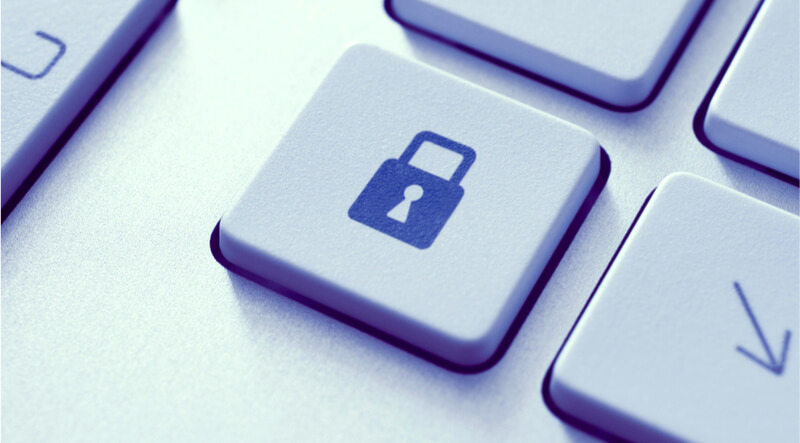Are you too worried about how to keep your private information safe on the internet? It’s true that the content is vulnerable to theft or misuse. Online privacy is important, and there is a need for learning about the method to keep information secure. Learn steps you can take to manage and protect your financial and personal information. The protection standard will be available with social media, news, and entertainment sites.
- Turn on Web Browser Blacklisting
The lack of internet security has a close link to the internet browser being used. Some web browsers have additional security options, including the system for blacklisting. With the option, you can set the criteria for sites you’re looking forward to navigating. That being said, the option is beneficial for keeping only secure, trusted sites.
- Avoidance of Phishing Scams
Phishing usually involves a variety of methods to obtain your personal information and steal your identity. Visit this website to learn about how you will get the option to put an end to this issue. Different phishing scams are there, but there will be the option to avoid them by educating yourself on how to recognize them. To put an end to the phishing scam, never open emails or attachments when the sender is unknown. Also, make sure that you don’t click on unsecured links from strange emails. The other way to keep yourself free from these dangers is avoiding anyone offering money. Also, don’t click on ads with unfamiliar job opportunities. There are rummy sites too trying to trap people. These entities try to obtain your personal information and online identity.
- Use a virtual private network
The virtual private network gives online privacy and anonymity. The method involves the creation of a private network from a public internet connection. It’s worth using the VPNs to mask your Internet Protocol (IP) address, making the online actions virtually untraceable. When you’re on public Wi-Fi, it is worth using the VPN because it will make it difficult for cybercriminals to hurt your online privacy. At the same time, another option to try is to browse in private mode. In case you don’t want the computer to save your temporary internet files, browsing history, or cookies, continue web surfing in private mode.
Web browsers come with versions of privacy protection. Chrome offers Incognito Mode. Firefox offers the mode as the Private Browsing, and Internet Explorer offers the support as InPrivate Browsing. Keep these modes turned on, as you can rest assured that others won’t be able to trace browsing history. But remember that even when you’re applying for the incognito or private mode, the Internet Service Provider gets to notice the browsing activity.
- Using a different search engine
At times, there is a need to rely heavily on Google as a default search engine. However, it’s worth noting that changing the search engine is essential. Prioritize privacy and opt for anonymous search engines. You can rest assured that this search engine doesn’t collect or share search history or clicks. Also, you can opt for these anonymous engines to block ad trackers.
Final words
Cyberthreats are now becoming widespread, and this is the reason even the U.S. federal government has implemented a research and development department for formulating a plan to develop technology and ensure the minimization of the potential risks in cyberspace. Follow these strategies that will help you with keeping the information in a safe place.
